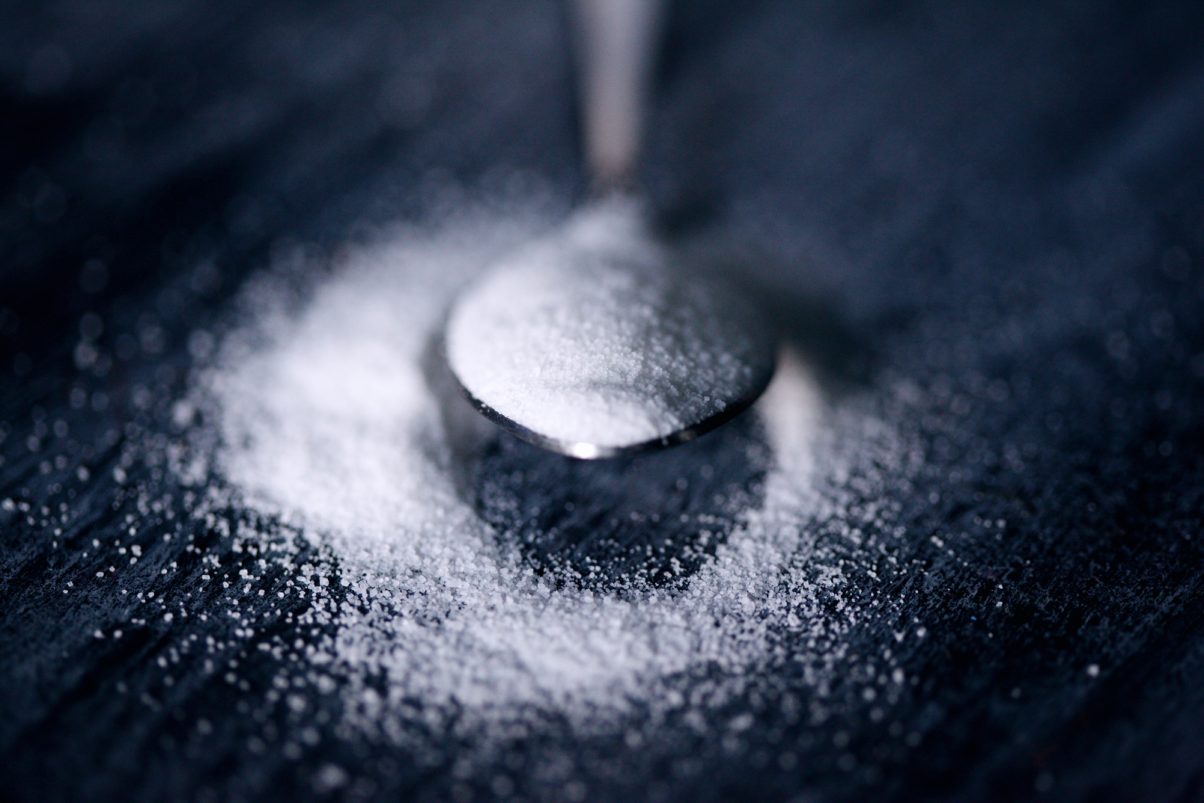Artificial sweeteners are marketed as healthier alternatives to sugar. But are they really that much better for your teeth? Here’s what you should know about these common food additives, along with some tips for preserving your dental health.
Understandings Artificial Sweeteners
There are two kinds of artificial sweeteners used as sugar substitutes in foods: sugar alcohols and noncaloric sweeteners. Noncaloric sweeteners don’t add any calories to foods and are used in many types of drinks and snacks. Common noncaloric sweeteners include aspartame, sucralose and saccharine.
Sugar alcohols, on the other hand, contain around the same number of calories as sugar. Used in hard candies and chewing gums, these artificial sweeteners also cause fewer dental cavities compared to sugars. Because they add calories to food, sugar alcohols don’t help people lose weight. They can, however, help protect your dental health.
How Do They Affect Teeth?
In general, sugar substitutes are better for teeth than ordinary sugar, which can promote tooth decay. While sugar itself is not corrosive to tooth enamel, the bacteria in oral plaque will metabolize sugar and excrete acids that can break the enamel down.
Sugar substitutes, on the other hand, don’t have the same effect. In fact, certain sweeteners, called polyols, actually contain antibacterial properties. Also known as sugar alcohols, isomalt, malitol, xylitol, sorbitol and other polyols are derived from natural sugars through a chemical process. Because they are not broken down by oral bacteria, they won’t contribute to the formation of cavities.
What Do Experts Say?
According to the American Dental Association, chewing sugar-free gum is known to increase saliva production, which helps lower plaque acid, reduce tooth decay and strengthen teeth. In fact, only sugar-free gums can be considered for an ADA Seal. This includes gums sweetened by non-cavity-causing sweeteners such as sorbitol, aspartame or mannitol.
Are They Safe?
The U.S. Food and Drug Administration (FDA) has approved all artificial sweeteners on the market today. The FDA arrived at their decision after looking at tests that demonstrate that “normal use” of artificial sweeteners should not cause health problems. Still, just like all things in life, artificial sweeteners are best consumed in moderation.
Research has shown that diet sodas can actually erode tooth enamel worse than ordinary sodas. Even though the beverages contain no sugar, they expose the teeth to harsh acids which can promote tooth decay. Unfortunately, because they know these beverages are made with sugar substitutes, people are often more likely to consume them in large quantities.
Protecting Your Dental Health
While sugar substitutes may be better for your teeth than ordinary sugar, you should still use good judgment when consuming them. Be sure to consume any type of sweetened foods and beverages in moderation and maintain good dental hygiene by brushing at least twice and flossing at least once every day. You should also schedule regular examinations with your dentist to identify minor issues before they turn into serious problems


 Previous Article
Previous Article

